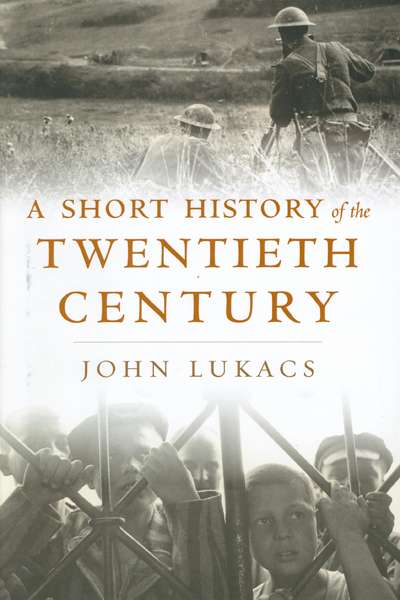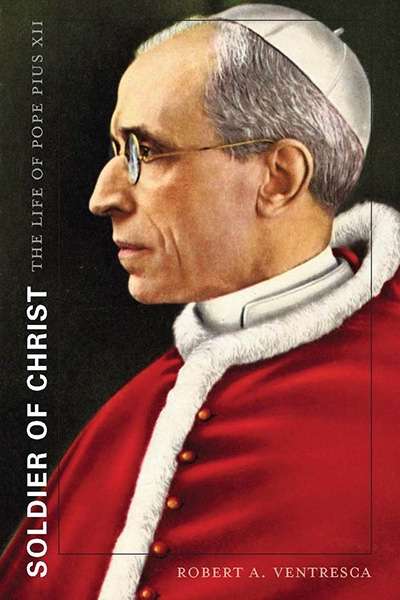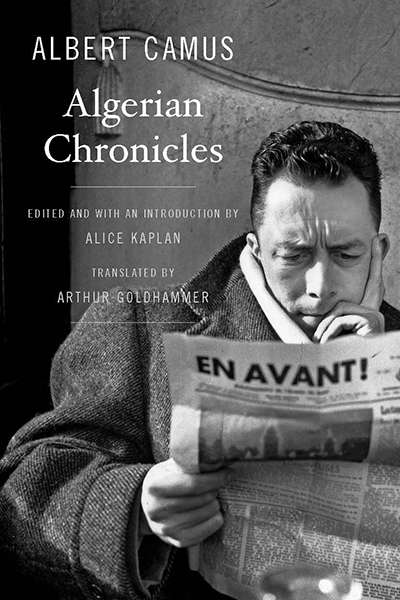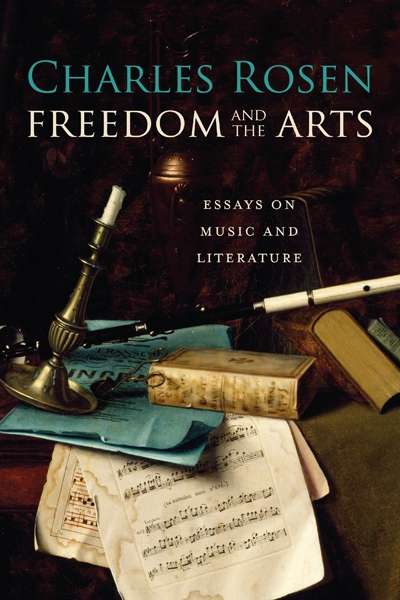Harvard University Press
Fire and Ashes: Success and failure in politics by Michael Ignatieff
by Glyn Davis •
Lu Xun's Revolution: Writing in a Time of Violence by Gloria Davies
by Mabel Lee •
A Short History of the Twentieth Century by John Lukacs
by Geoffrey Blainey •
Henry Friendly: Greatest judge of his era by David M. Dorsen
by Michael Crennan •
Soldier of Christ: The Life of Pope Pius XII by Robert A. Ventresca
by Ray Cassin •
The Last Blank Spaces: Exploring Africa and Australia by Dane Kennedy
by Norman Etherington •
Algerian Chronicles by Albert Camus (edited by Alice Kaplan and translated by Arthur Goldhammer)
by Colin Nettelbeck •
Moscow, the Fourth Rome: Stalinism, Cosmopolitanism, and the Evolution of Soviet Culture, 1931–1941 by Katerina Clark
by Nick Hordern •
Freedom and the Arts: Essays on Music and Literature by Charles Rosen
by Michael Morley •










